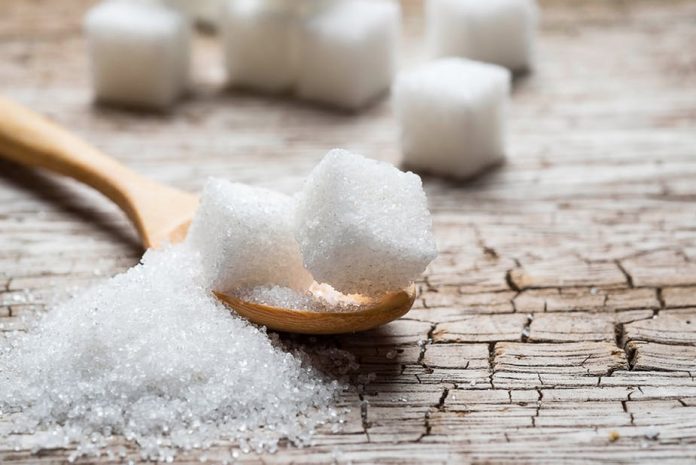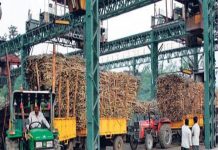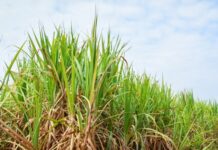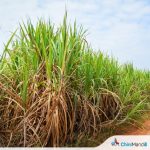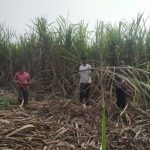Image Credits: theconversation.com
The world’s largest sugar-producing nations, including Australia, are questioning whether Indian and Pakistani exports are breaching trade rules.
Large increases in production in the two subcontinent nations are being blamed for contributing to an oversupply of sugar that has weighed down the global market.
Prices have plunged below the cost of production for Australian cane growers and are expected to remain at low levels for the next couple of years.
The Global Sugar Alliance, led by Australia, Brazil and Thailand, is concerned that government subsidies incentivising the Indian and Pakistani sugar industries to produce more sugar could be breaking World Trade Organisation (WTO) rules.
It is discussing the issue at a meeting in New York this week.
Several million extra tonnes of sugar
Australian Milling Council director of economics and trade David Rynne said Pakistan was expected to put an additional 2.3 million tonnes into the export market and India was forecasting an extra 2 million tonnes, in a year that had also seen bumper crops in Thailand and the European Union.
“The world is awash with sugar. It’s not a huge export market. It’s only about 65 million tonnes so you start to see a gross oversupply,” he said.
Of major concern is that the subsidies provided to the sugar industries on the subcontinent have created an uneven playing field in worldwide trade.
“Governments in both India and Pakistan provide a minimum price for the cane so there’s a massive incentive to grow cane, so minimum prices create overproduction,” Mr Rynne said.
“If you’ve got all this surplus sugar, you want to get rid of it, so governments in both those countries are providing export subsidies now to help clear those large surpluses.”
Possible illegalities being examined
Lawyers for the Global Sugar Alliance countries are examining whether the financial incentives could contravene WTO regulations.
Under the rules, export subsidies are only allowed to cover the cost of internal transport.
“Pakistan for example, we estimate it costs around $40 or $50 a tonne to move the raw sugar to a port,” Mr Rynne said.
“When the Pakistan Government gives subsidies upwards of $150 a tonne, that seems to us like it’s probably a contravention of the WTO.”
The Australian Sugar Alliance has already been in talks with the Turnbull Government, which would be responsible for taking any action.
“It has to weigh up all the pros and cons and ultimately make the decision whether to pursue that,” Mr Rynne said.
“The Department of Foreign Affairs and Trade has certainly assisted in gathering the facts and to start putting the jigsaw pieces together, but there is still more homework to do.”
Legal action could be the only option
Diplomatic pressure from Brazil and Australia has not had any effect on Indian and Pakistani sugar export policies.
Mr Rynne said diplomatic pressure was unlikely to be effective because it was in the political interests of the subcontinent governments to look after what were large voting bases.
“There are an anticipated 50 million cane growers and related direct employees in the Indian sugar industry and it’s a sector that votes,” he said.
Impact expected to hurt regional economies
Production in India is expected to rise even further next year, which the global market will continue to factor in.
Mr Rynne said for the Australian industry, which is already being exposed to low prices, the impact would be large and long-lasting.
“This could be a long, deep cycle we’re going into,” he said.
“For a grower to make money and for a miller to make money, the price needs to be around $400 Australian dollars per tonne.
“At the moment the price is sitting in the low $300s, so right now the growers are losing money and the mills are losing money.”
Mr Rynne said to mitigate the damage, sugar mills would likely lay off staff and restrict spending.
“These mills are in regional Queensland economies that rely heavily on a strong and prosperous sugar industry,” he said.
“A sugar industry that’s tightening its belt will have a ripple effect through regional Queensland.”

